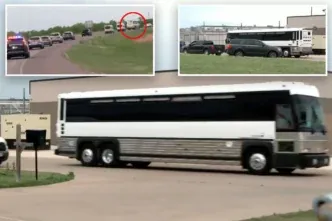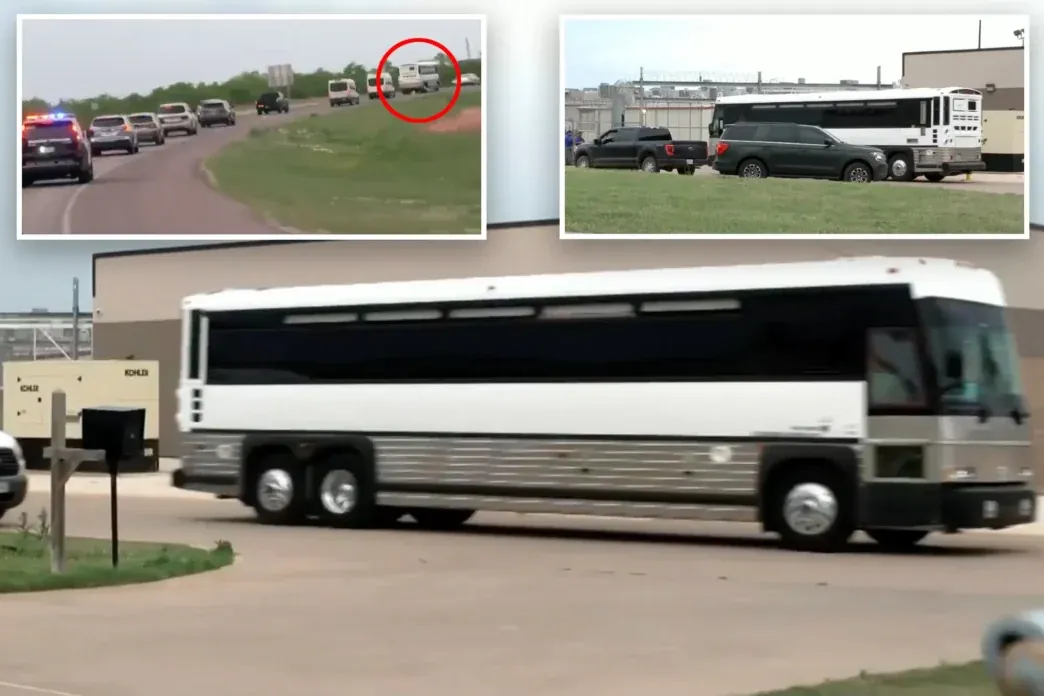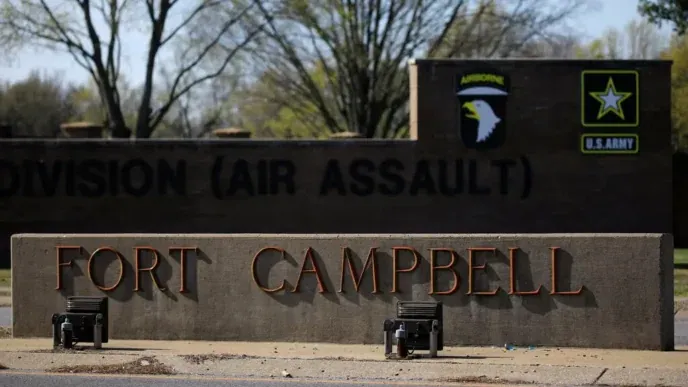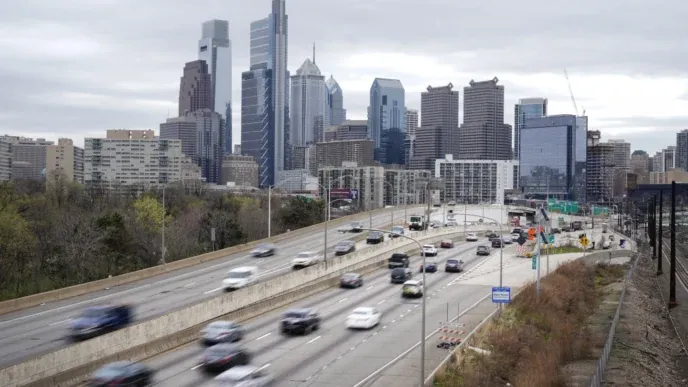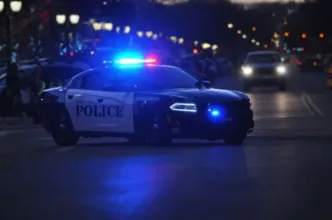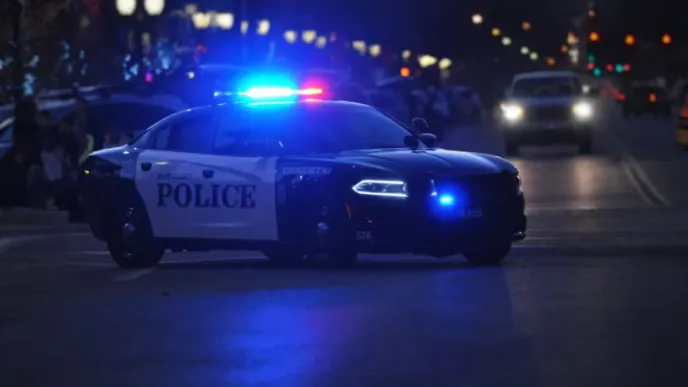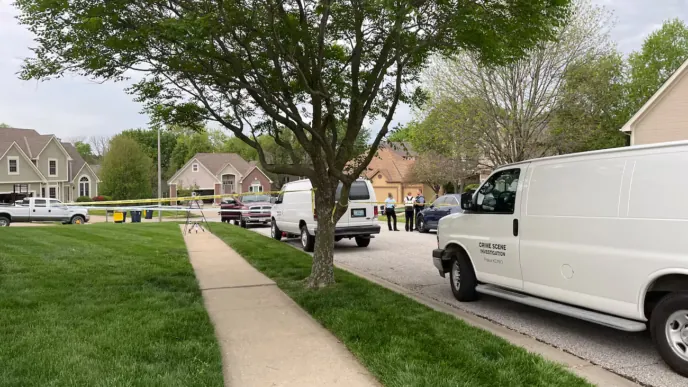Shocking video captured the moment buses carrying suspected members of Venezuela’s Tren de Aragua gang to a Texas airport suddenly turned around—just before the Supreme Court halted the deportations.
At least 28 migrants from ICE’s Bluebonnet Detention Center in Anson were en route to Abilene Airport when they unexpectedly made a U-turn. The last-minute reversal came as legal clashes unfolded in Washington over the Trump administration’s application of an 18th-century wartime law that allows for deportations without trial, according to NBC News.
Escorted by a convoy of at least 18 police cruisers from various agencies, the buses drove past the airport and returned to the North Texas detention facility.
During the trip, U.S. District Judge James Boasberg was handling an emergency request from the ACLU to impose a temporary restraining order. The civil rights group had just learned some of its clients received deportation notices under the Alien Enemies Act and sought a 30-day notice requirement.
ACLU attorneys alerted Boasberg during the hearing that deportation buses were already in motion. In response, the judge instructed a Justice Department attorney to halt any flights carrying migrants from Bluebonnet under the 1798 statute.
Although Boasberg denied the ACLU’s request, the Supreme Court issued a 7-2 emergency order after midnight Saturday that blocked the deportation flights.
“The Government is directed not to remove any member of the putative class of detainees from the United States until further order of this Court,” the order read.
The temporary block applies only to migrants held in Northern Texas, though similar rulings have paused deportations in New York, Colorado, and South Texas.
DHS officials declined to say who was on the buses or why they reversed course.
Reportedly, the detainees were told they were being deported to El Salvador or Venezuela. Their final destination remained uncertain, according to family members and legal representatives.
The ongoing legal fight stems from an earlier Supreme Court decision on April 7, where justices ruled 5-4 to permit deportations under the Alien Enemies Act—but only if migrants receive proper notice, a chance to contest their removal, and proceedings occur in the jurisdiction where they’re detained, not Washington, D.C.
The detainees, all men allegedly tied to the violent Tren de Aragua gang, had been asked to sign removal agreements. Many refused, NBC reported.
Footage shows several of them holding up their orders in protest.
Had the migrants signed and been deported within 24 hours, DHS might have violated the court’s directive requiring “reasonable time” before enforcing deportation under the 1798 law

